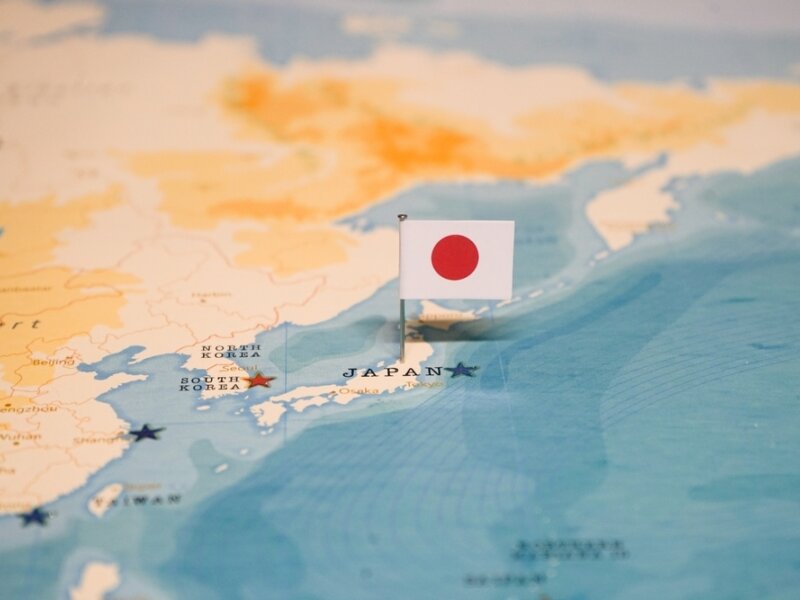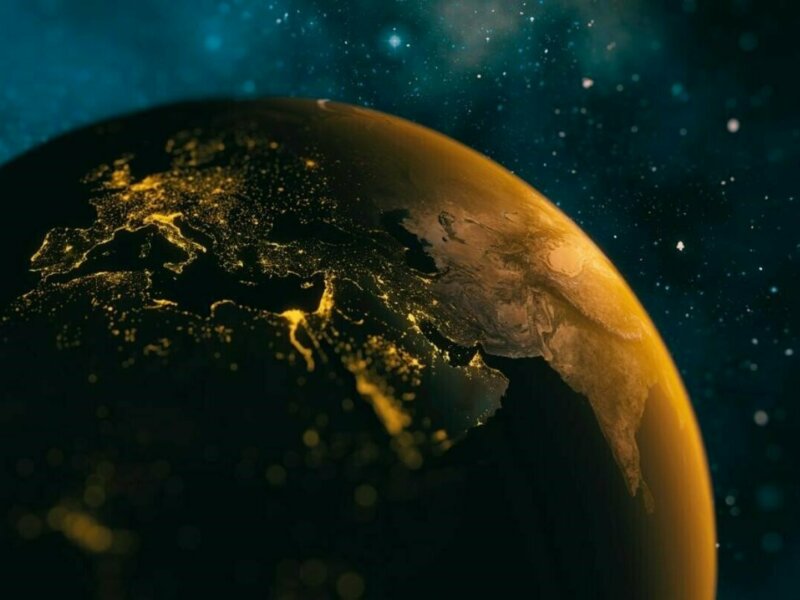India and Japan: a hopeful union
The two countries leading the G20 and G7 place a Free and Open Indo-Pacific and the Global South at the heart of their shared agenda. An analysis by Guido Bolaffi.

In the same days in which the world was worrying about the consequences of the warm handshakes between Xi Jinping and Vladimir Putin in Moscow, in New Delhi, Japanese Prime Minister Fumio Kishida and Indian Prime Minister Narendra Modi concluded a summit destined to make a mark on the future of international relations for at least three reasons.
The first one is that there was no historical precedent for a president-in-office of a G7 nation to share the objectives of his mandate with his G20 counterpart – even more so when the former represents a country like Japan, with its tight political links with the US and adherence to Western capitalism, and the latter is the Prime Minister of the largest and most populous former Third World nation, India.
PM Kishida not only made such a choice, but also deliberately affirmed it on several occasions before and during his state visit to India:
“In order to respond effectively to the various challenges that the international community is currently facing, cooperation between the G7 and the G20 has greater significance. Such pressing challenges include food security, climate and energy, fair and transparent development finance. As Japan and India assume the Presidencies of the G7 and the G20 respectively this year, I look forward to engaging in candid discussions with Prime Minister Modi” he said.
Also in view of the new Indo-Japanese meeting already scheduled for September, the Indian Prime Minister has accepted the Japanese invitation to attend the G7 Summit in Hiroshima in May, because: “This year India is chairing the G20, and Japan is chairing the G7. And therefore, this is the perfect opportunity to work together on our respective priorities and interests”.
The second reason is the confirmation of the importance the two countries place on the Indo-Pacific as a key area for any future international geopolitical arrangement. This represents continuity with the Tokyo summit of 2014, in which then PM Shinzo Abe and Narendra Modi jointly announced the elevation of Japan-India relations to a Special Strategic Global Partnership.
As the Japanese Prime Minister wrote on 20 March, a few hours before boarding the plane to Delhi:
“As I embark on my second visit to India as Prime Minister of Japan it gives me immense pleasure to return to the land where the dynamics of the world - the Pacific and the Indian Oceans - converge [...] We affirmed that the current situation makes it more relevant to expedite efforts toward the realization of a Free and Open Indo-Pacific (FOIP). I am convinced that the unwavering trust and the close coordination between India and Japan as leading democracies of Asia are the cornerstones of peace and prosperity in the region [...] FOIP is a vision shared by Japan and India that has gained support and endorsement of the international community and led to the mainstreaming of the Indo-Pacific”.
Finally, Japan, a wealthy G7 nation, is siding with India in explaining to the West why giving voice to the Global South is a global political priority that concerns all countries, not just the poorer ones.
This is a possibly unprecedented move, which has been commented by C. Raja Mohan, in the Indian Express, as follows:
“Japan’s Prime Minister Fumio Kishida has taken the initiative to raise the Global South to the top of the G7 agenda. When Delhi resurrected the idea of Global South in the run-up to its presidency of the G20 there was widespread scepticism as well as concern. The sceptics said there is no such thing as the Global South [...] Others wondered if Delhi was going back to its Cold War trade unionism, mobilising the Global South against the North. But Japan’s adoption of the case for urgent engagement of the Global South lends much-needed nuance to the debate [...] In a major policy speech at the School of Advanced International Studies in Washington Japan’s PM Kishida cautioned other G7 countries on the danger of neglecting the Global South. Realism is also at the heart of Kishida’s approach to the Global South. He confronts head-on the idea so deeply held in the West that it must strive to promote democracy around the world [...] Kishida is firm in his conviction that G7 can’t impose its the key importance of the Indo-Pacific for any future international geopolitical arrangement. value on the Global South”.



